5 things about AI you may have missed today: Pentagon replicator AI initiative to Google Dream Track, and more
Pentagon's replicator initiative aims for mass deployment of AI-enabled autonomous vehicles by 2026, Spain's AI sensation: Aitana, the virtual model, earns up to €10,000 monthly, and much more today.
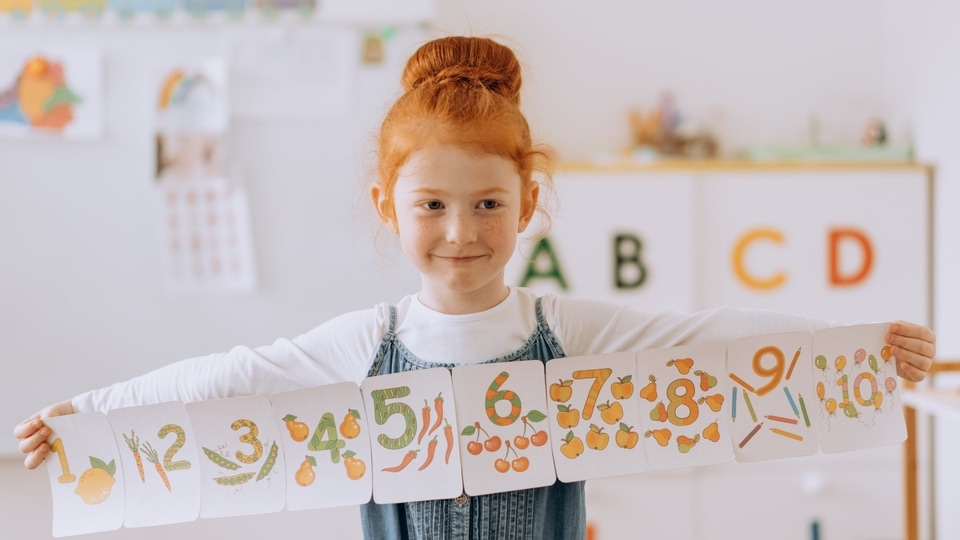
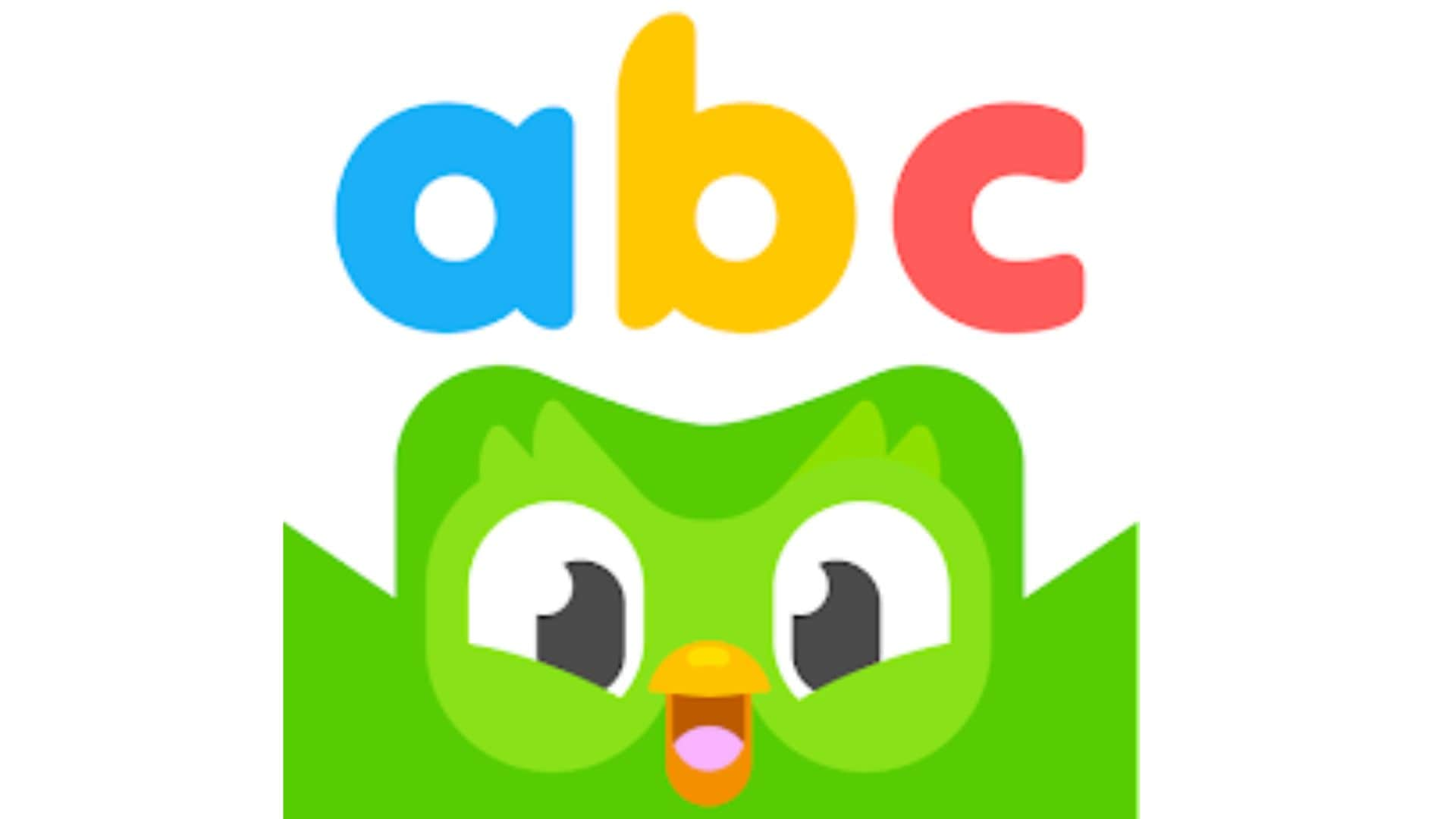
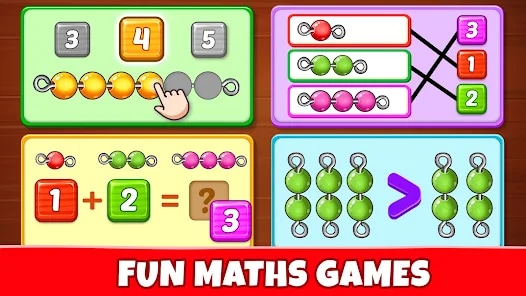


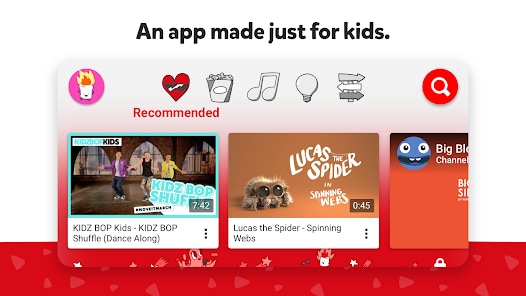
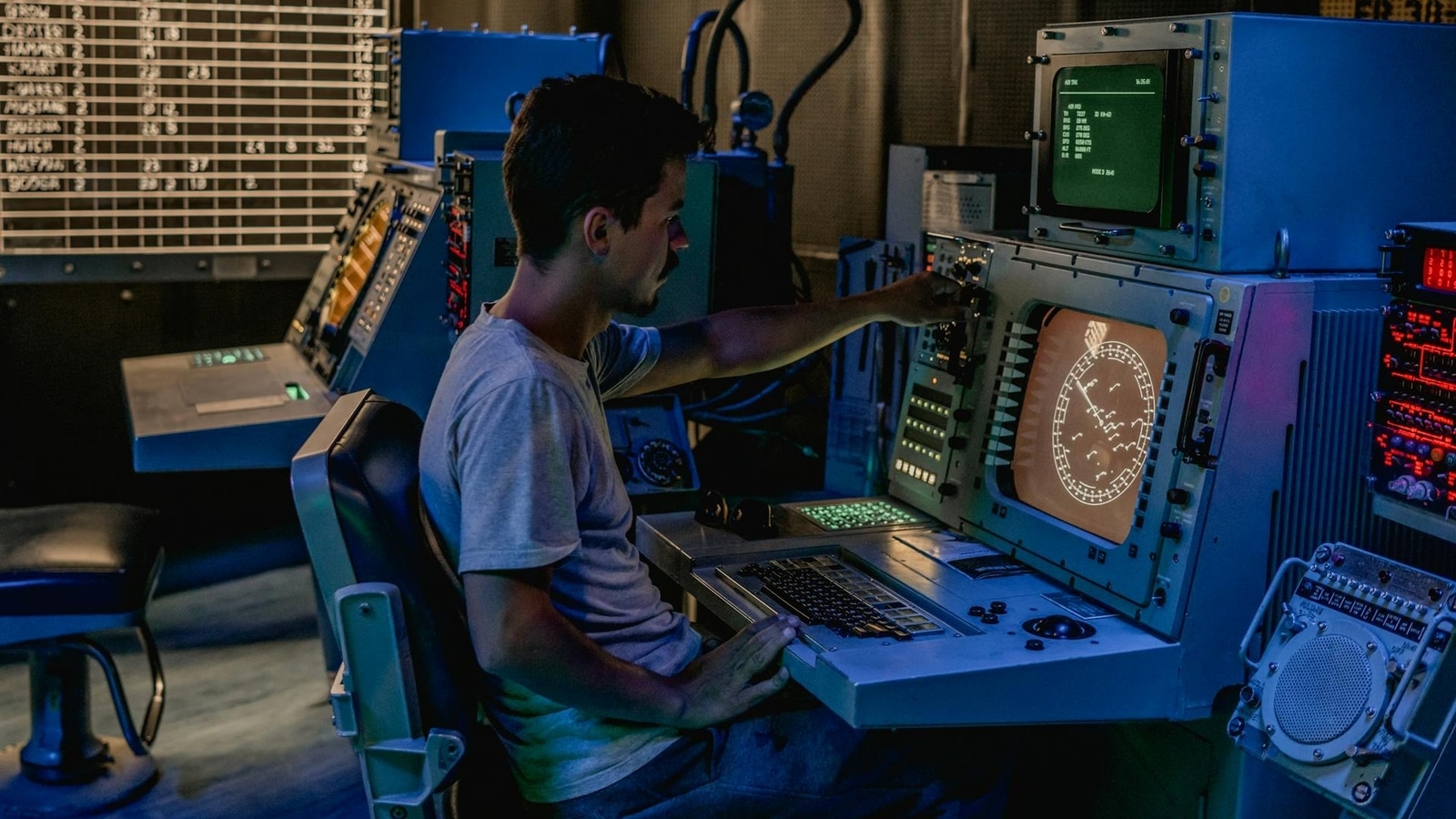
 View all Images
View all ImagesPentagon's replicator initiative aims for mass deployment of AI-enabled autonomous vehicles by 2026; Spain's AI sensation: Aitana, the virtual model, earns up to €10,000 monthly; AI robots revolutionise Japanese agriculture, easing labour shortages in smart farms; California Governor advocates statewide GenAI training to navigate shifting job landscape- this and more in our daily roundup. Let us take a look.
1. Pentagon's replicator initiative aims for mass deployment of AI-enabled autonomous vehicles by 2026
The Pentagon has accelerated AI integration in military operations, aiming to deploy thousands of cost-effective autonomous vehicles by 2026 under the Replicator initiative. Deputy Secretary of Defense Kathleen Hicks emphasises the need for innovation in small, smart, and affordable platforms. While concerns about funding persist, the move raises questions about the maturity and trustworthiness of AI technology, especially in potential weaponized systems, as the era of fully autonomous lethal weapons approaches, ABC news reported.
2. Spain's AI sensation: Aitana, the virtual model, earns up to €10,000 monthly
Spain's first AI model, Aitana, is making headlines, not for her looks, but her nonexistent reality. Created by designer Ruben Cruz and The Clueless agency, Aitana was born out of the need to overcome influencer-related challenges. Cruz emphasised the desire for independence, stating, "We unintentionally created a monster." According to a report by Euro news, Aitana, representing a sports supplement company, earns up to €10000 monthly on platforms like Fanvue.
3. AI robots revolutionise Japanese agriculture, easing labour shortages in smart farms
AI-based robots are revolutionising Japanese agriculture, particularly in large-scale greenhouse farming. Developed by startup Agrist, these robots use cameras and AI to identify the perfect time to harvest crops. Takamiya No Aisai, a farm in Saitama Prefecture, leased Agrist's cucumber harvester, which accurately recognizes ripe cucumbers and cuts them off every two minutes. This innovation addresses labour shortages, marking a transformative shift in the future of agricultural production, according to a Japanese Times report.
4. California Governor advocates statewide GenAI training to navigate shifting job landscape
California Governor Gavin Newsom emphasises the urgency of generative artificial intelligence (GenAI) training for residents. The report proposes providing educational opportunities to state government workers, aligning skills with the evolving GenAI landscape. Addressing the potential impact on jobs, the initiative aims to prepare the workforce for the GenAI economy, citing Goldman Sachs' forecast of 300 million jobs worldwide affected. Education initiatives are recommended to start at higher education institutions and vocational schools, Cointelegraph reported.
5. Google Dream Track: AI-powered music for YouTube shorts with artist collaborations
Google's Dream Track for Shorts, a collaboration between YouTube, Google's DeepMind AI lab, and renowned artists like Charlie Puth and John Legend, introduces AI-generated music for YouTube Shorts. Users can select unique tracks by specifying themes like "Upbeat acoustic song" or "Intense jazz-infused R&B," adding a creative touch to their content. With a vast music catalogue and artist partnerships, Google aims to set YouTube apart in the realm of AI-powered music for short-form videos, according to a Moneycontrol report.
Catch all the Latest Tech News, Mobile News, Laptop News, Gaming news, Wearables News , How To News, also keep up with us on Whatsapp channel,Twitter, Facebook, Google News, and Instagram. For our latest videos, subscribe to our YouTube channel.






























